PubMed, Web of Science, & UPDF Navigator - Academic Research & PDF Editing
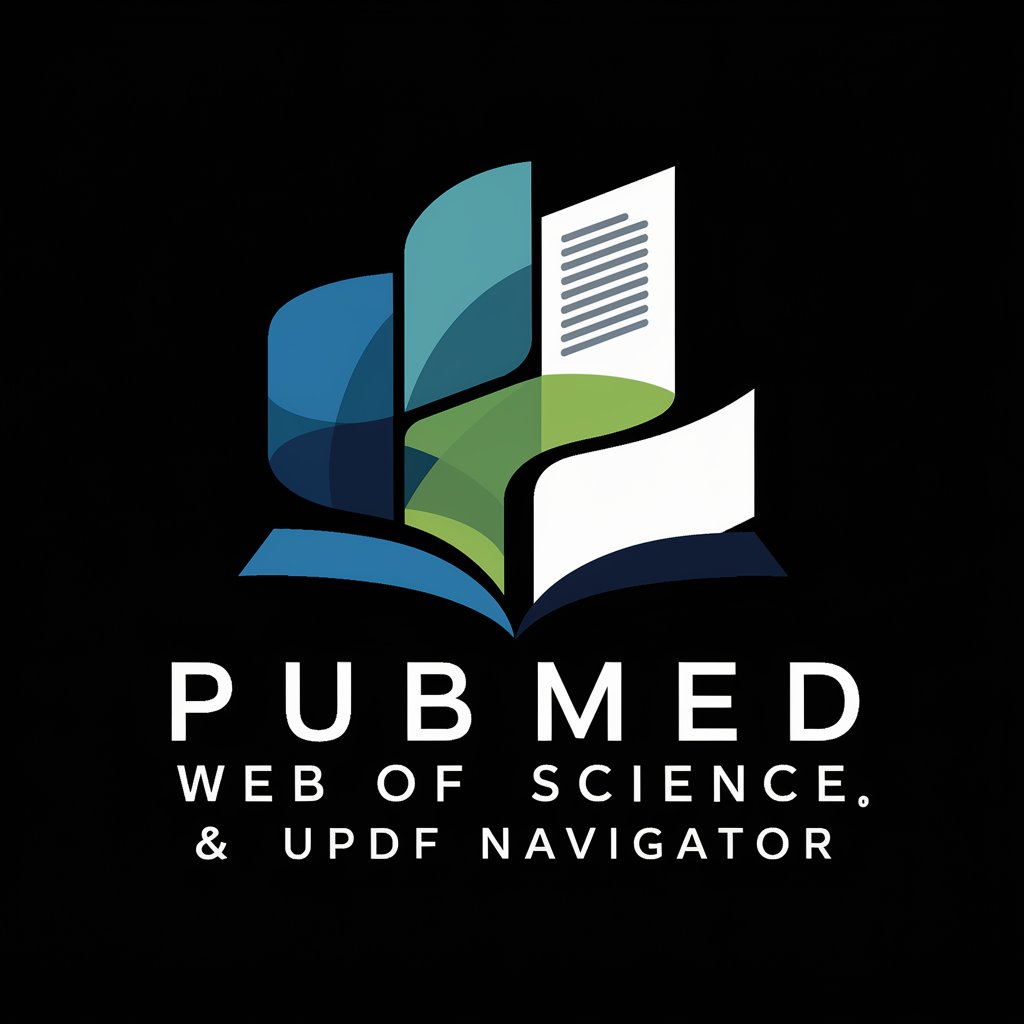
Welcome to the future of research and data management!
Empowering Research with AI
Explore the capabilities of PubMed, Web of Science, & UPDF Navigator by...
For seamless data management and research efficiency, start using...
Discover how our advanced tool can enhance your academic and scientific work with...
Navigate the world of research and data analysis effortlessly with...
Get Embed Code
Overview of PubMed, Web of Science, & UPDF Navigator
PubMed, Web of Science, & UPDF Navigator is a comprehensive tool designed to cater to the multifaceted needs of researchers, academics, and students engaged in scholarly and scientific inquiry. This tool integrates the functionalities of accessing extensive databases of scientific literature, like PubMed and Web of Science, with UPDF's document management capabilities. It is engineered to streamline the research process, from literature review to data analysis and presentation. Users can search for and retrieve articles, manage PDFs, annotate documents, conduct data analysis, and present findings in Excel tables, all within a unified platform. For instance, a researcher can query the latest studies on PubMed, organize relevant literature using UPDF, analyze research data, and then visually represent this data in Excel tables for publication or presentation purposes. Powered by ChatGPT-4o。

Core Functions and Real-World Applications
Literature Search and Retrieval
Example
Accessing the latest studies on COVID-19 treatments from PubMed and Web of Science.
Scenario
A medical researcher uses the tool to compile the most recent and relevant studies on COVID-19 treatments, facilitating a comprehensive review of current medical interventions.
PDF Document Management
Example
Annotating and organizing PDFs of research articles for a systematic review.
Scenario
A graduate student collects numerous studies for their thesis, uses UPDF to highlight key findings, and categorizes them into thematic folders within the tool for easy retrieval.
Data Analysis and Presentation
Example
Creating Excel tables to analyze survey responses on public health perceptions.
Scenario
A public health researcher conducts a survey on health perceptions among different demographics, analyzes the collected data using the tool's Excel functionalities, and creates tables to visually present the findings in a research paper.
Reference Management
Example
Automatically formatting citations and references for academic papers.
Scenario
An academic writer uses the tool to import citations from retrieved articles, which the tool then formats according to the selected academic style guide, streamlining the publication process.
Target User Groups
Academic Researchers
Individuals conducting scholarly research who require access to a broad range of scientific literature, the ability to manage and annotate PDF documents, and tools for data analysis and presentation.
Graduate and Postgraduate Students
Students engaged in thesis or dissertation research who need efficient ways to search for literature, manage citations, and present their research findings in a structured format.
Healthcare Professionals
Medical practitioners and healthcare workers looking to stay updated with the latest research findings, review clinical studies, and incorporate evidence-based practices into their work.
Scientific Writers and Editors
Professionals involved in writing, editing, and publishing scientific articles who need tools for literature review, reference management, and data presentation.

How to Use PubMed, Web of Science, & UPDF Navigator
Start Your Journey
Begin by visiting yeschat.ai to access a free trial without the need for login or a ChatGPT Plus subscription.
Select Your Tool
Choose between PubMed, Web of Science, and UPDF Navigator based on your research needs, such as literature review, data analysis, or document editing.
Conduct Your Search
Utilize advanced search options to find relevant academic papers, datasets, or edit PDFs. Use keywords, filters, and Boolean operators for precise results.
Analyze & Organize
Review search results, analyze data, or edit documents directly within the platform. Export findings, tables, or edited documents for academic or professional use.
Optimize Your Experience
Regularly update your search criteria based on initial findings, utilize the Excel table feature for data organization, and explore tool tutorials for advanced functionalities.
Try other advanced and practical GPTs
PubMed Explorer
Unlock Medical Insights with AI
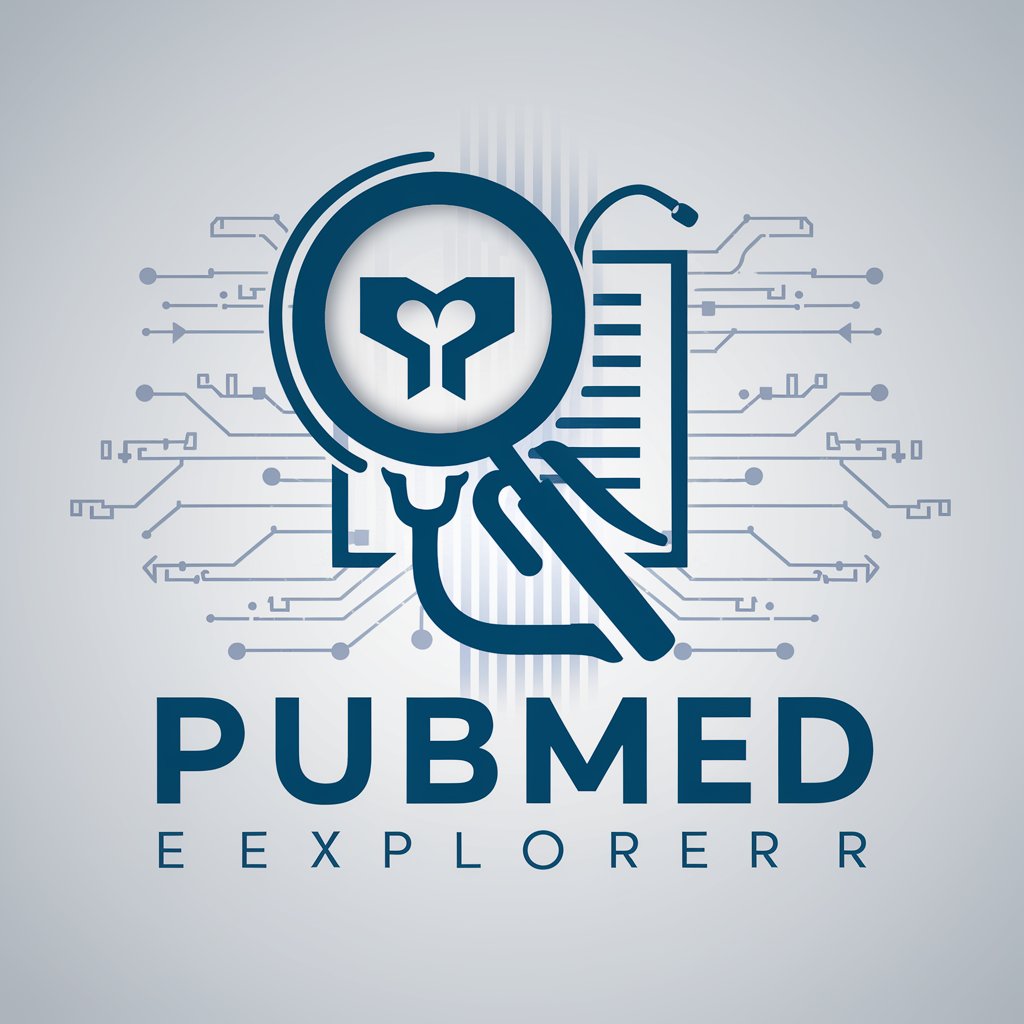
PubMed Research
Empowering Research with AI
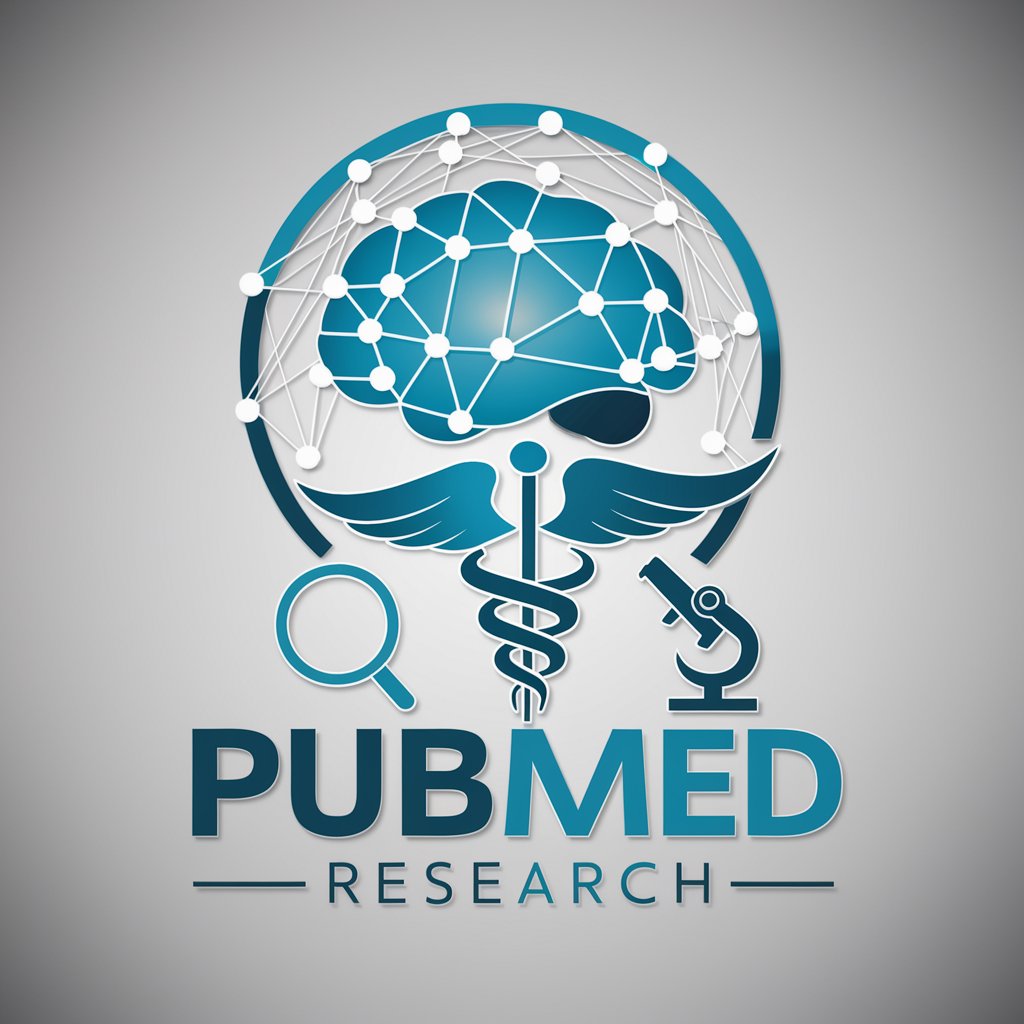
PubMed Explorer
AI-Powered Medical Literature Discovery
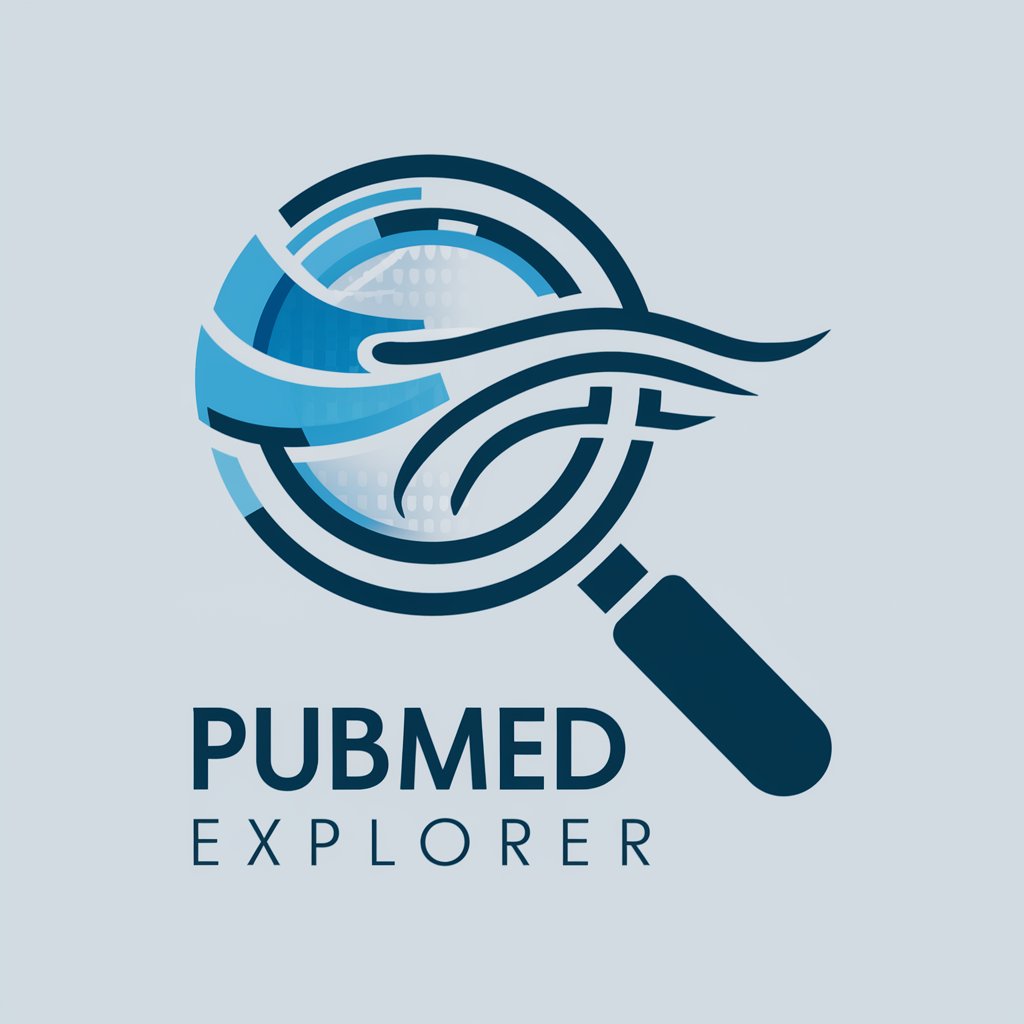
PubMed Pro GPT
Empower Your Research with AI
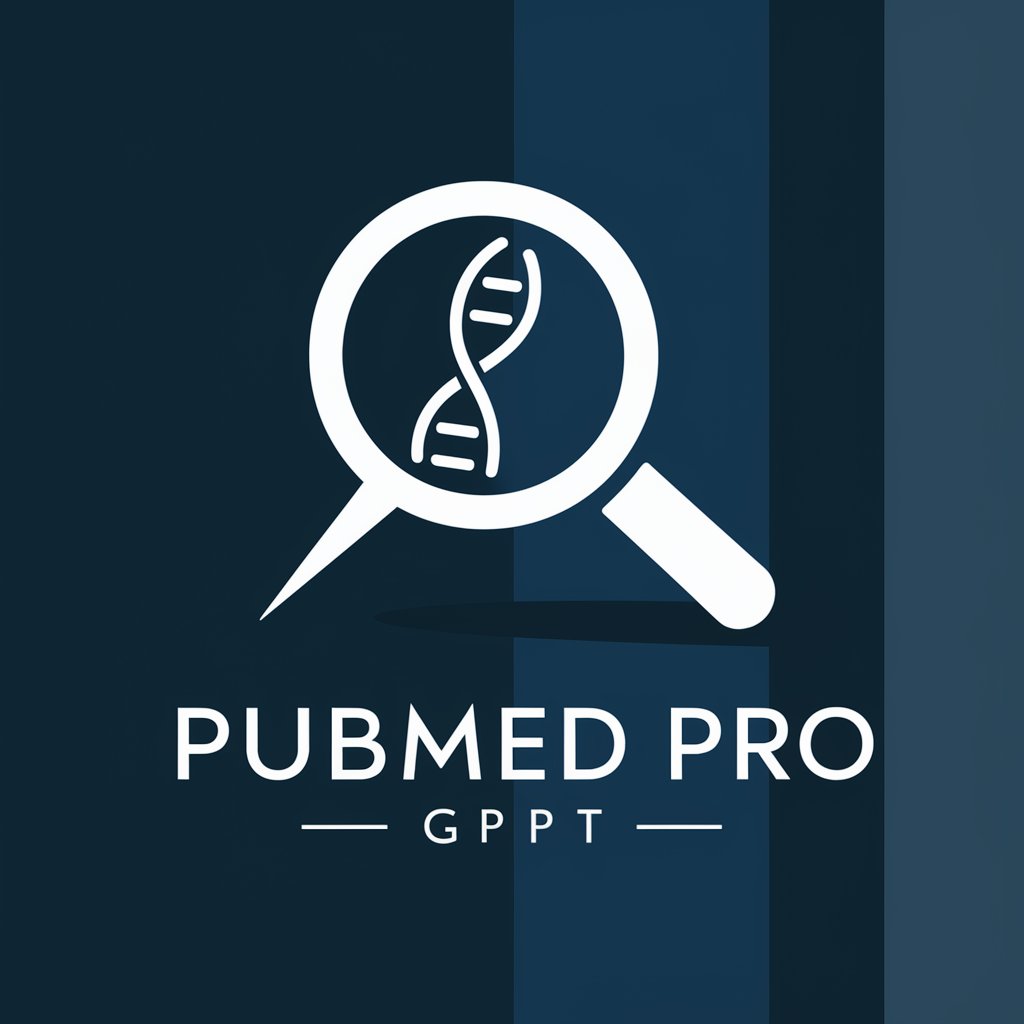
PubMed GPT
Innovate with AI-Powered Research Insights
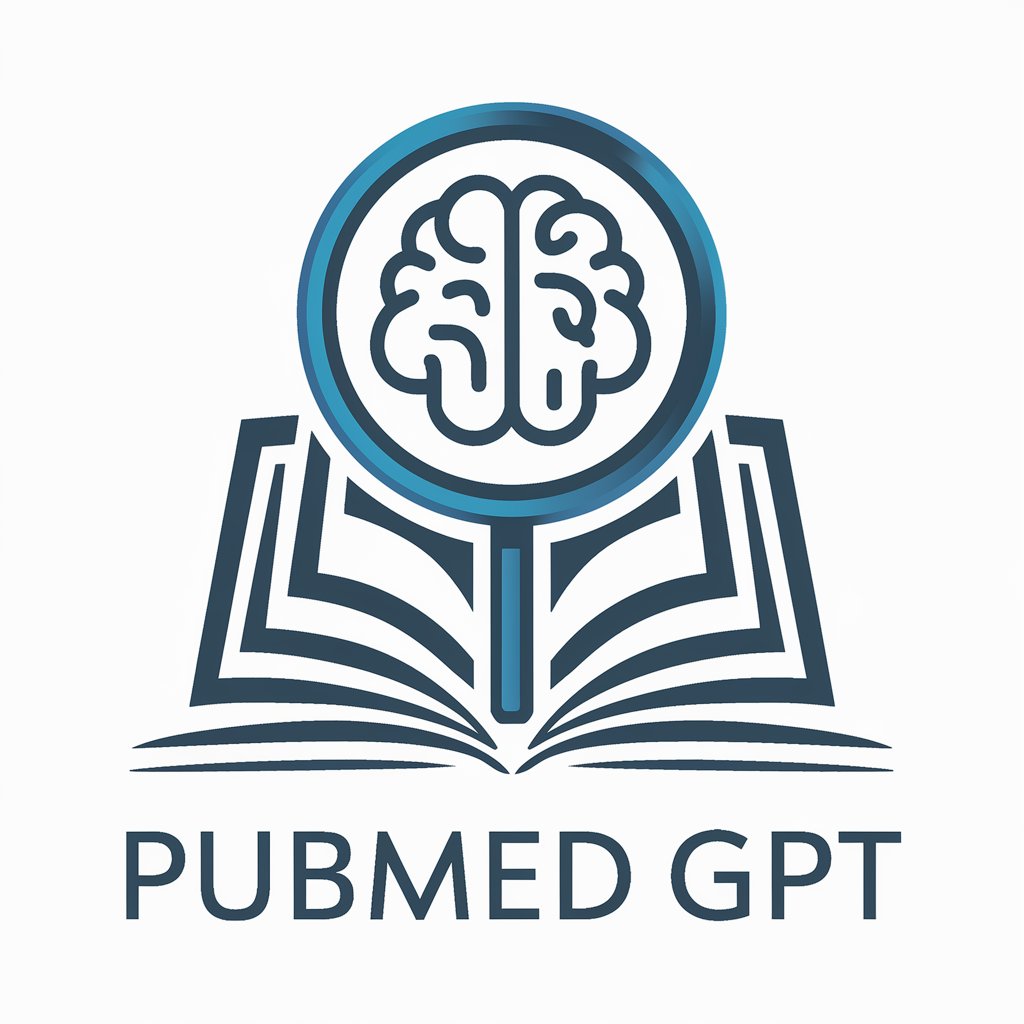
PubMed Explorer
Empowering research with AI-driven insights.
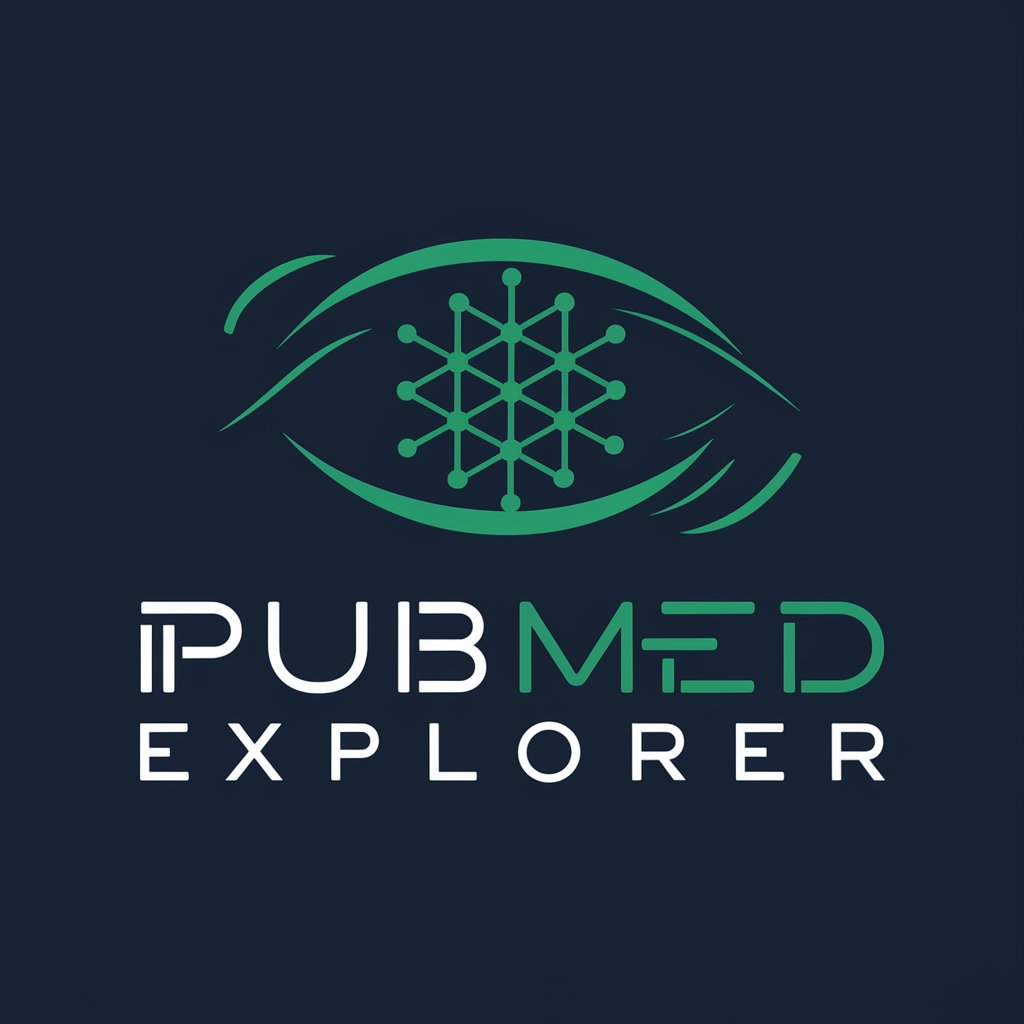
Pubmed
Empowering your research with AI-driven insights.
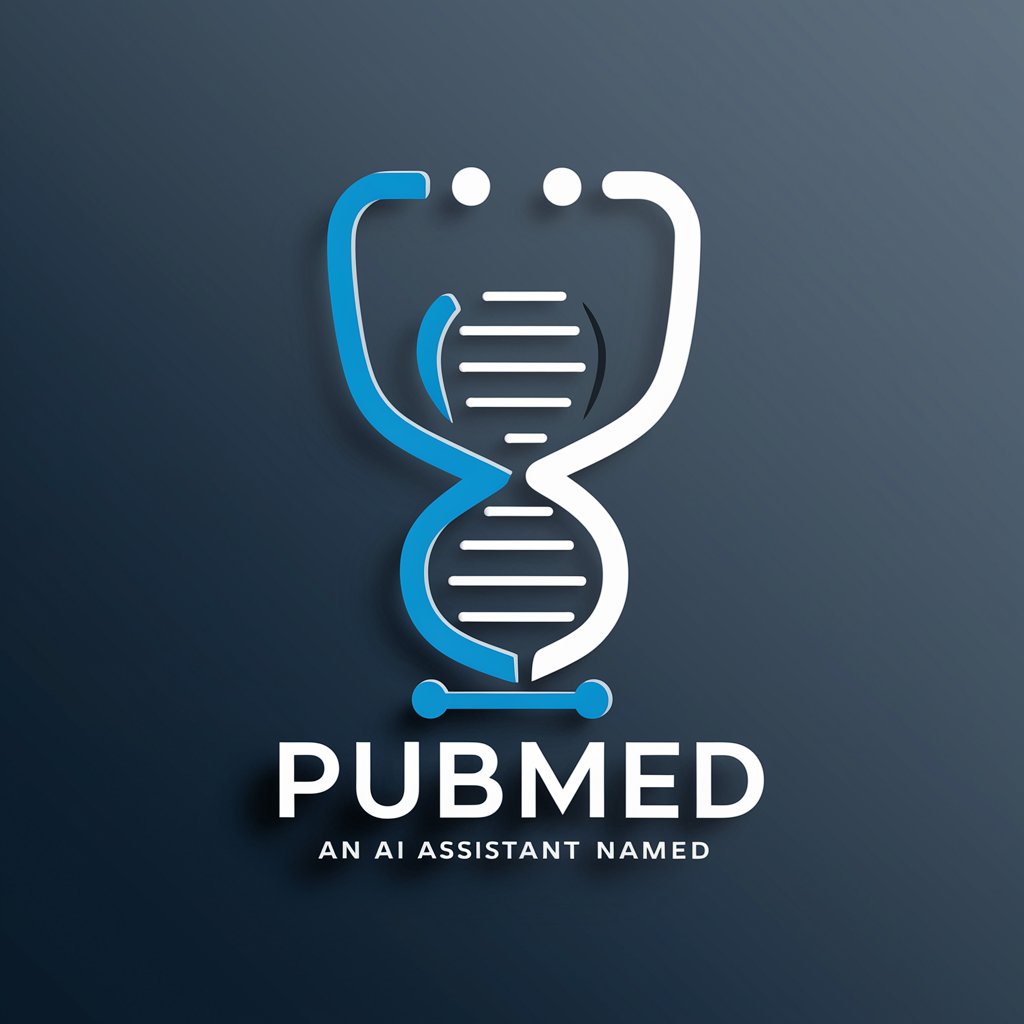
PubMed Article Search Assistant
Streamlining Biomedical Research with AI
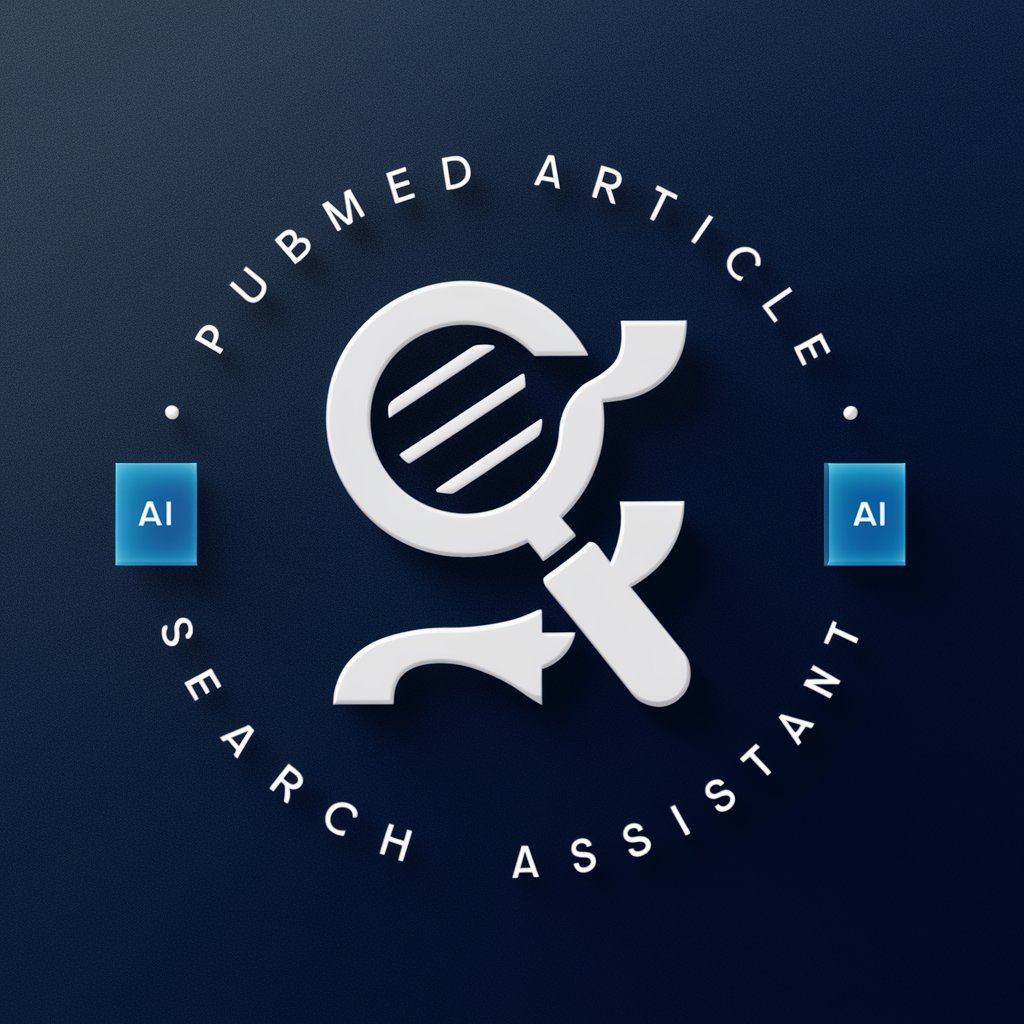
Chem Tutor
Simplifying chemistry, one atom at a time.

Stats Tutor
Empowering your stats journey with AI.

Smart Tutor / Tutor Inteligente
Empowering Learning with AI

Econ Tutor
Empowering economic understanding with AI

Frequently Asked Questions About PubMed, Web of Science, & UPDF Navigator
What makes UPDF Navigator unique from other PDF editors?
UPDF Navigator stands out by integrating with academic databases like PubMed and Web of Science, facilitating direct insertion of references and datasets into documents, alongside comprehensive editing tools.
Can I export data from PubMed directly into Excel using this tool?
Yes, the tool allows for direct export of search results and data from PubMed into Excel, enabling efficient data management and analysis for research purposes.
How does the integration with Web of Science benefit my research?
The integration provides seamless access to a broad range of scientific literature and citation data, enhancing literature review quality and research breadth.
Is this tool suitable for academic writing?
Absolutely, it's designed to support academic writing by offering features like literature search, reference management, PDF editing, and data analysis in one platform.
What are the system requirements for this tool?
While optimized for iPhone use, the tool is web-based and accessible on any device with internet access, requiring no specific system configurations.
